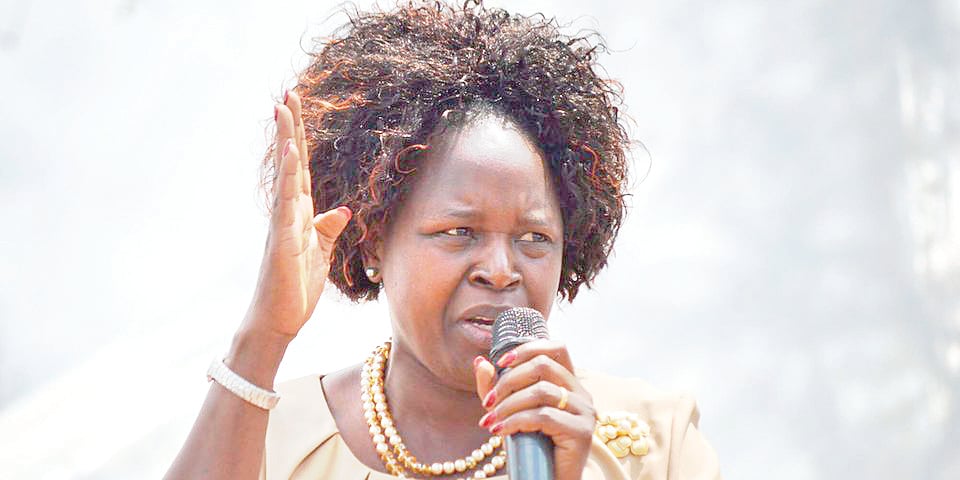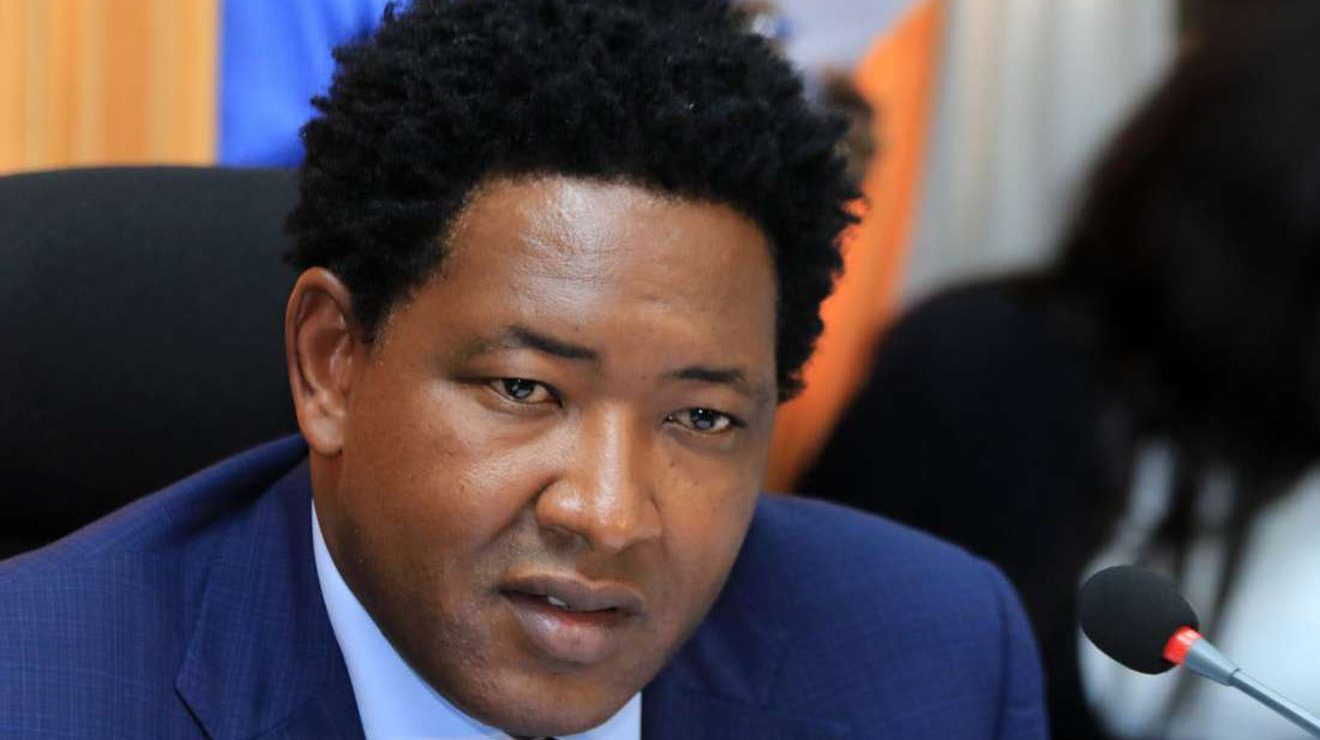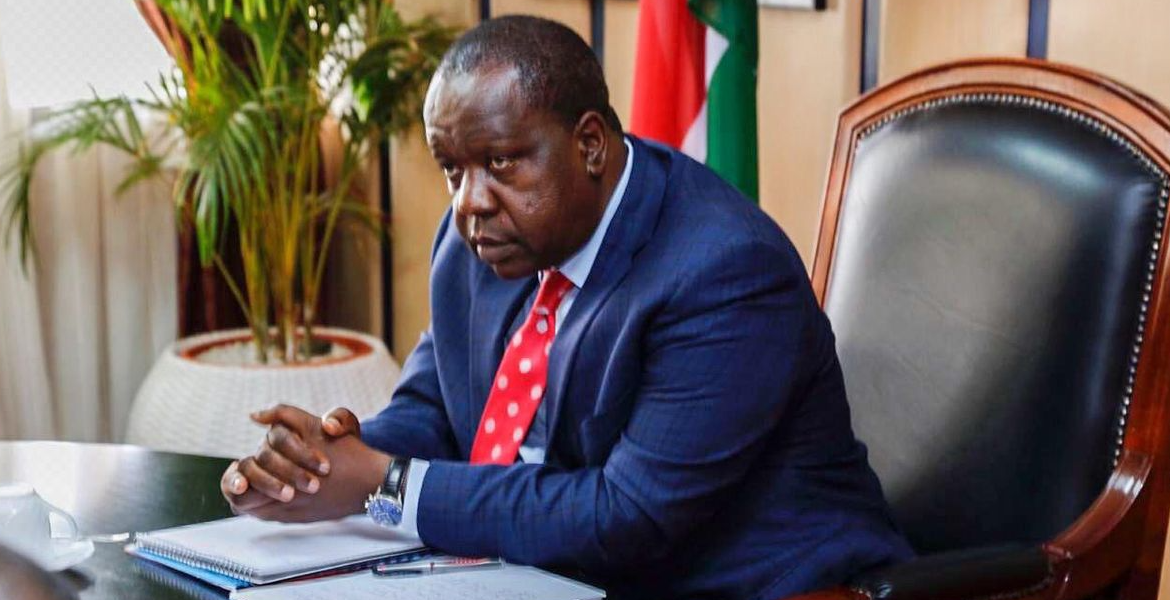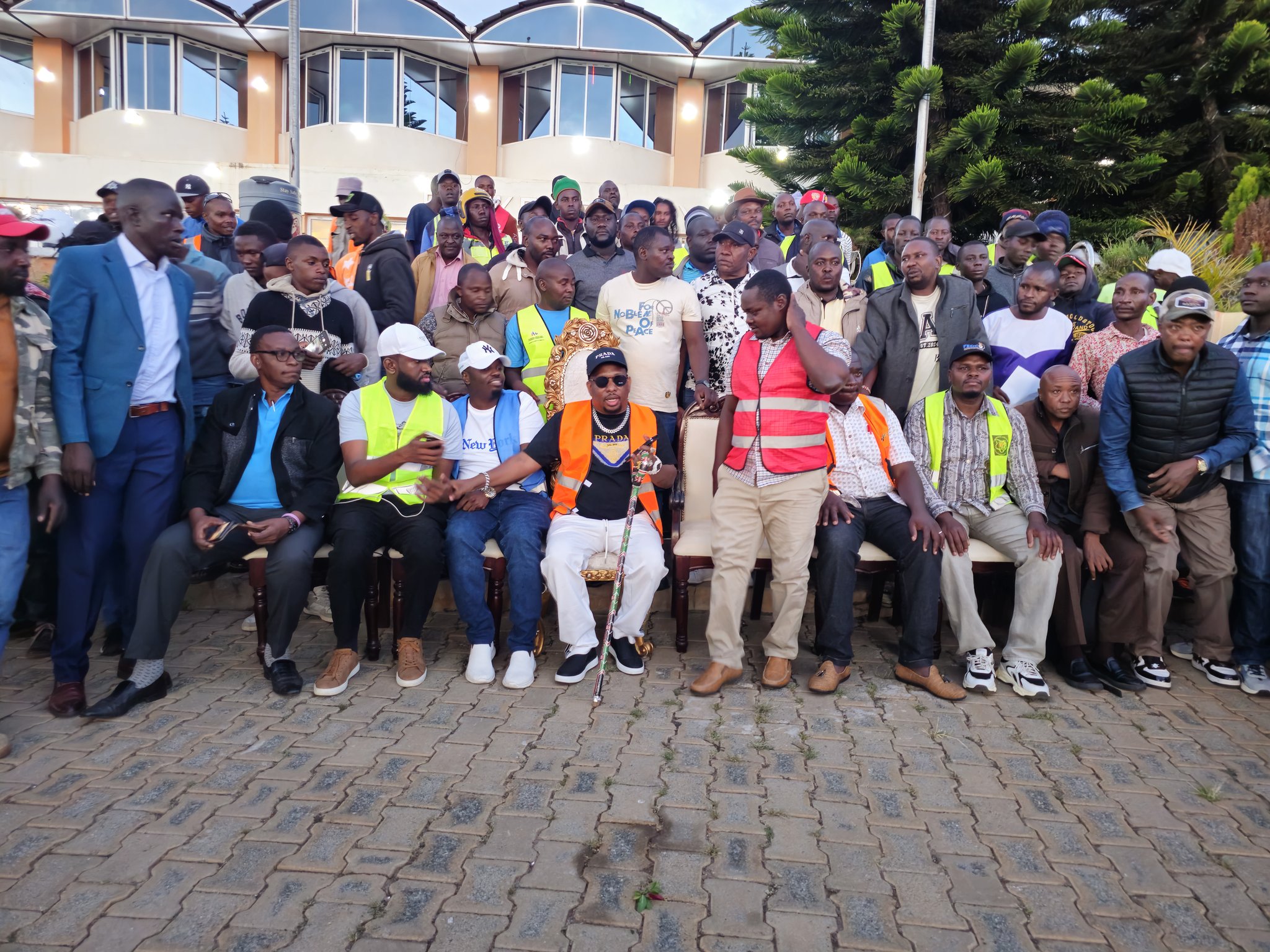By The Weekly Vision Reporter
A damning new study by the parliamentary watchdog Mzalendo Trust has revealed that several of Kenya’s female legislators, despite making history as the largest cohort of directly elected women in the country’s history, are among the most inactive members of the National Assembly.
Three constituency-elected women MPs have the unenviable distinction of being the worst performers in the entire House: Lilian Gogo (Rangwe), Rachael Nyamai (Kitui South) and Janet Sitienei (Turbo) have not tabled a single bill, motion, statement or question in their private capacity since the 13th Parliament was sworn in more than three years ago.
Four county Woman Representatives, Betty Maina (Murang’a), Susan Ngugi (Tharaka Nithi), Jerusha Momanyi (Nyamira) and Rose Museo (Makueni), have similarly recorded zero private-member initiatives, while a further group of elected and nominated female lawmakers have managed only one item each.
In total, at least seven of the country’s 80 female legislators have contributed virtually nothing to legislative debate in plenary up to October 2025, the cut-off date for the Mzalendo analysis. The findings are particularly stark given the milestone the 13th Parliament achieved in 2022, when 29 women were elected to single-member constituencies, the highest number ever. (That figure later fell to 28 after Alice Wahome of Kandara was appointed to the Cabinet.)
The National Assembly currently has 80 women: 28 elected in constituencies, 47 county Woman Representatives and five nominated members. Mzalendo’s scorecard deliberately excludes business introduced in official leadership or committee roles, focusing instead on private-member contributions, the clearest measure of an individual MP’s legislative energy.
“From the analysis, the majority of the legislative outputs by the members, bills, motions, statements and questions, attempt to address pressing issues that relate to their geographical area of origin, demographic they represent or professional background,” the report notes. Yet for a significant minority of female lawmakers, that output has been nonexistent.
At the opposite end of the spectrum, several women have emerged as powerful figures in parliament. Dagoretti North’s Beatrice Elachi tops the constituency-elected list with 21 private initiatives, followed by Martha Wangari (Gilgil) and Ruweida Obo (Lamu East) on 13 each. Among the 47 Woman Representatives, Joyce Kamene (Machakos) leads with an impressive 26 initiatives, including three bills, two of which are at advanced stages. Nominated MP Irene Mayaka, in her first term, ranks highest among nominees with 20 initiatives.
Mzalendo Executive Director Caroline Gaita welcomed the increased representation of women but stressed that numbers alone are not enough.“This 13th Parliament has also seen some milestones on representation,” she said, pointing to Gladys Shollei’s election as only the second woman to serve as Deputy Speaker.
However, the silence of several female lawmakers raises questions about whether the historic gains in seats are translating into voice and influence on the floor of the House. As Kenya prepares for the 2027 elections, the contrasting records of its female legislators, from total inactivity to standout performance, are likely to fuel debate about what voters should expect from those they send to Parliament, regardless of gender.





